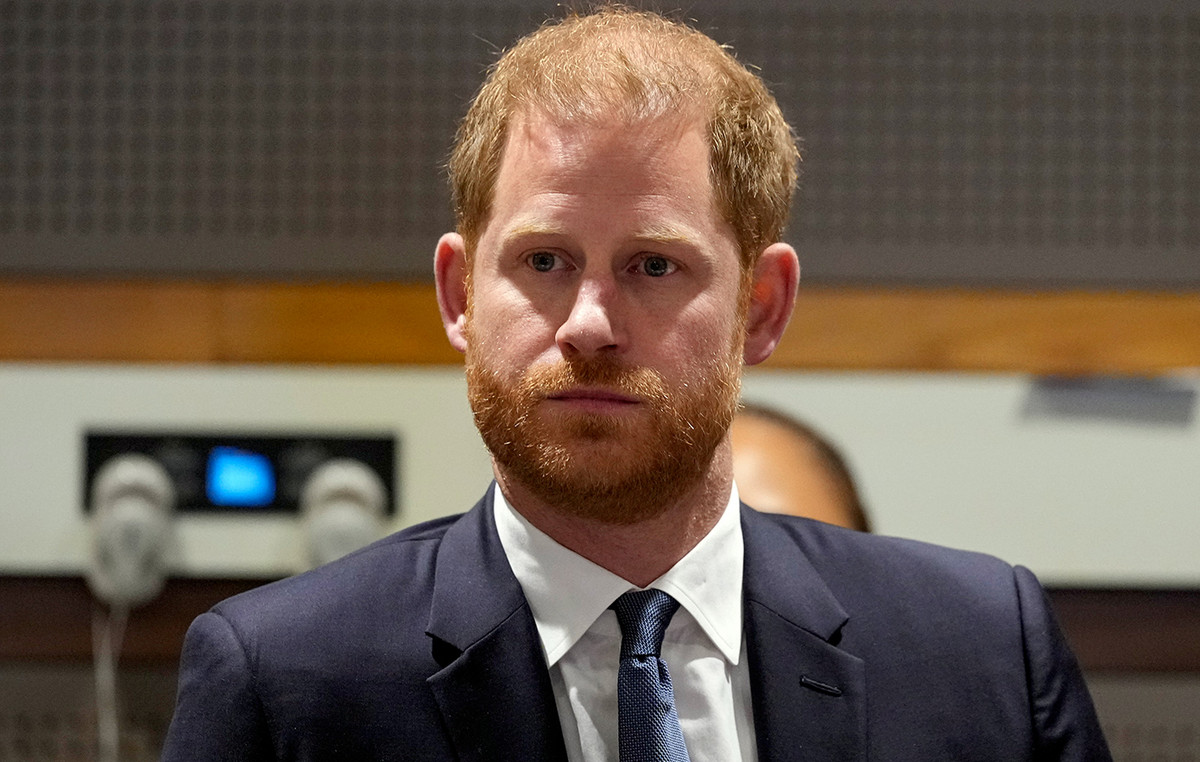It's nothing new that regular physical exercise brings a huge variety of health benefits. In addition to contributing to weight maintenance, improving mental health and preventing cardiovascular diseases, Physical activity can also help prevent and reduce insomnia symptoms. according to a new study.
The research, published in the scientific journal BMJ Open this Tuesday (26), shows that if exercise two to three times a week is related to a lower risk of long-term insomnia . Additionally, regular exercise helps meet the recommended 6 to 9 hours of sleep each night.
To reach this conclusion, researchers evaluated the frequency, duration and intensity of weekly physical activity and symptoms of insomnia, increased nighttime sleep and daytime sleepiness among middle-aged adults in nine European countries.
In total, there were 4,399 participants in the study, whose data were collected from the European Community Respiratory Health Survey. Participants answered questions about frequency and duration of physical activity at the beginning of the study. Ten years later, they returned to answer questions about physical activity, sleep duration and daytime sleepiness.
Participants who practiced physical exercise at least twice a week, for 1 hour per week or more, were classified as physically active.
During the 10-year period, 37% of participants remained inactive; 18% of them became physically active; 20% were inactive; and 25% were active throughout the study.
After adjusting the data for age, sex, weight (BMI), smoking history and region where participants lived, the study found that those who had always been active were 42% less likely to have difficulty sleeping 22% less likely to have any symptoms of insomnia and 40% less likely to have two or three symptoms associated with the disorder.
In terms of total hours of nighttime sleep and daytime sleepiness, participants who were always active had 55% more likely to sleep normally 29% less likely to have a short sleep, lasting six hours or less, and 52% less likely to have a long sleep, lasting more than 9 hours.
Among those who became active over the 10 years of study, the chances were 21% more likely to have normal sleep than those who remained inactive throughout this period.
“Our results are in line with previous studies that demonstrated the beneficial effect of [atividade física] in insomnia symptoms, but the current study additionally shows the importance of consistency in exercise over time, because the association was lost for initially active individuals who became inactive,” the study authors say in a press release.
Source: CNN Brasil
I am an experienced journalist and writer with a career in the news industry. My focus is on covering Top News stories for World Stock Market, where I provide comprehensive analysis and commentary on markets around the world. I have expertise in writing both long-form articles and shorter pieces that deliver timely, relevant updates to readers.







